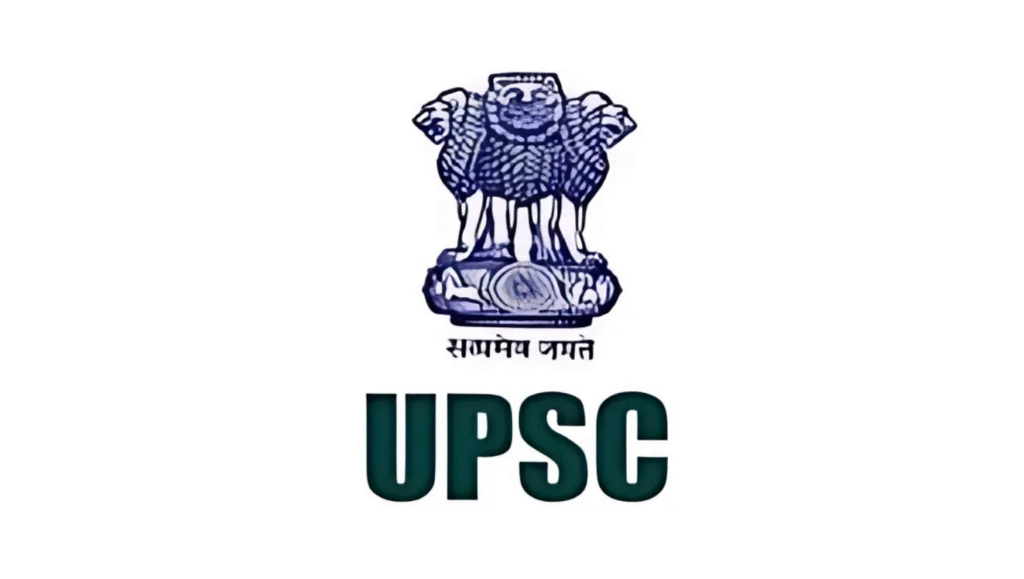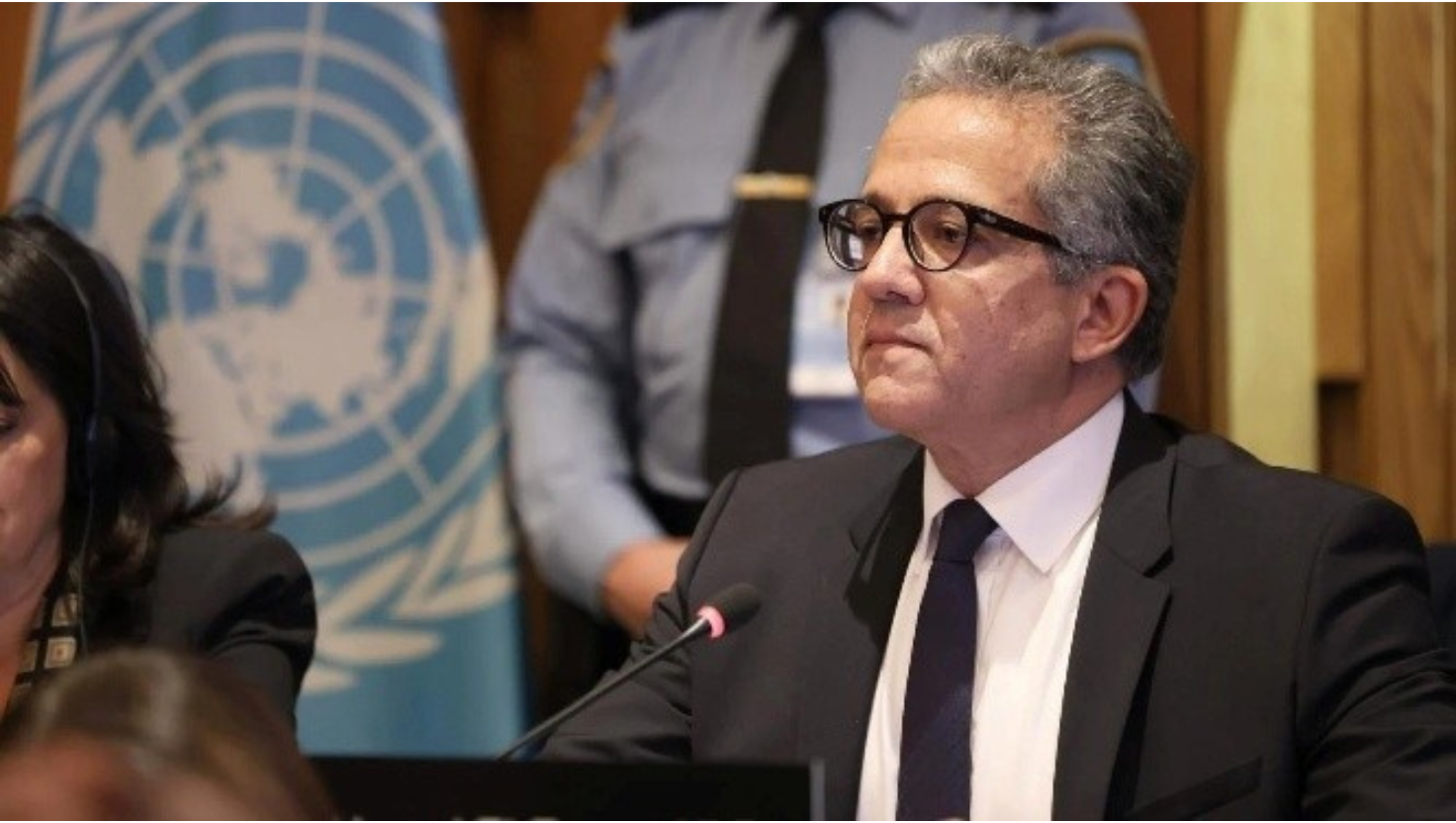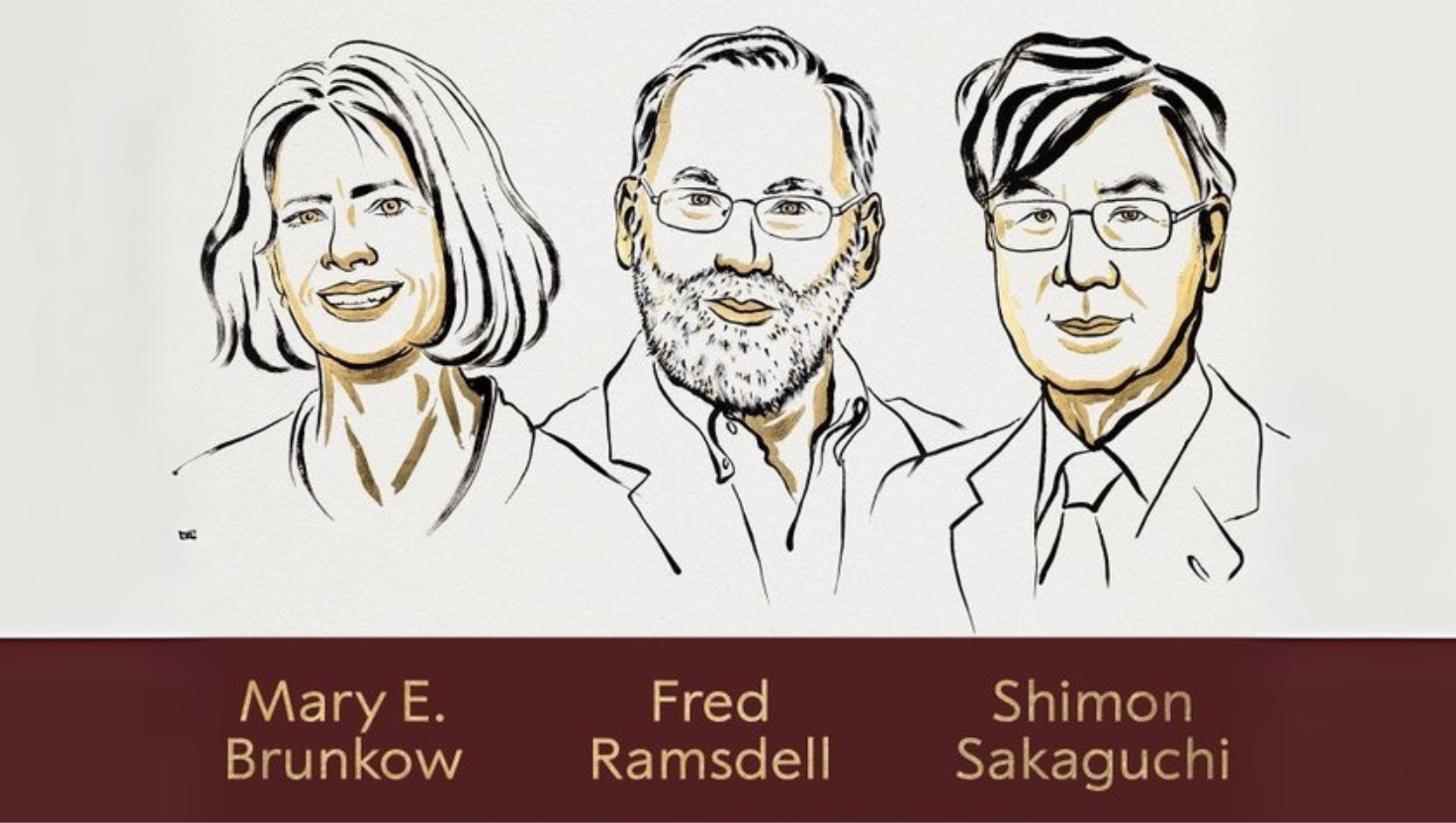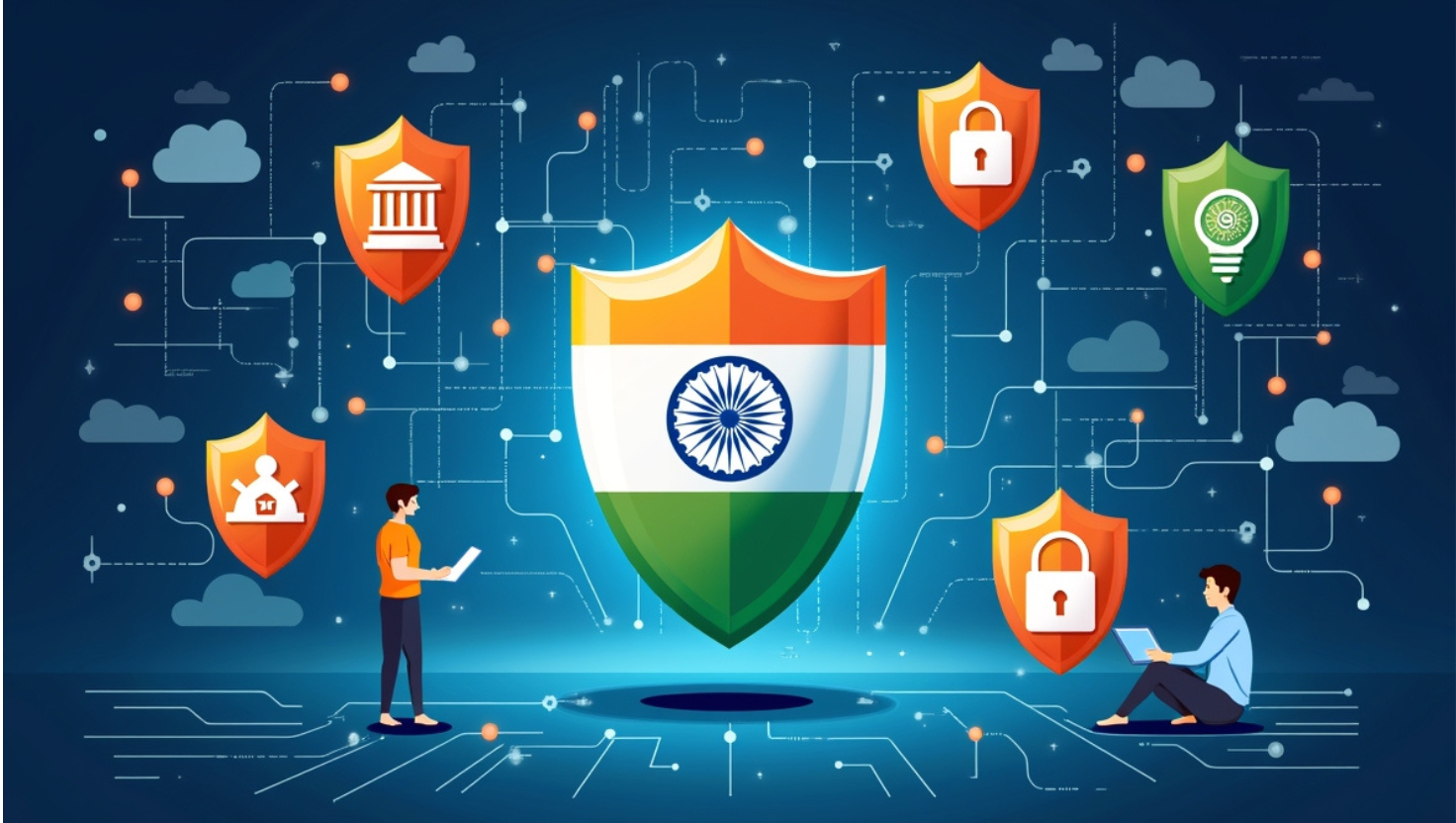UPSC at 100: Legacy, Reforms, and Future Challenges
Syllabus: Constitutional Bodies (UPSC GS II)
Source: TH
Context
On 1 October 2025, the Union Public Service Commission (UPSC) completed 100 years since its establishment in 1926. It continues to be the guardian of meritocracy and impartial civil service recruitment in India.
Evolution of UPSC
- Colonial Beginnings: The Government of India Act, 1919 recommended a central recruitment body. In 1926, the Public Service Commission was set up on the basis of the Lee Commission report (1924). Sir Ross Barker became the first Chairman.
- Pre-Independence Growth (1935): The Government of India Act, 1935 upgraded it to the Federal Public Service Commission, giving Indians more authority in recruitment.
- Post-Independence (1950): The Constitution (Articles 315–323) gave the Commission constitutional status and autonomy.
- Current Role: Today, UPSC conducts examinations for civil, engineering, medical, forest, defence, and statistical services, shaping the administrative backbone of India.
Core Values of UPSC
- Merit-Based Selection: Candidates are chosen on ability and performance, not privilege.
Example: Ira Singhal, topper in 2014, from a small-town background, reflects inclusivity. - Equal Opportunity: Candidates can write exams in 22 scheduled languages, ensuring linguistic and social fairness.
- Integrity: Political neutrality and confidential evaluation safeguard impartiality.
- Efficiency: Handles 10–12 lakh applicants annually across 2,500+ centres with strict timelines.
UPSC’s Contribution to Nation-Building
- Continuity in Governance: Officers have served during wars, reforms, disasters, and pandemics, ensuring institutional stability.
- Inclusive Representation: More than 60% of successful candidates now come from rural areas, strengthening social diversity.
- Professionalisation: UPSC promotes values of neutrality, accountability, and efficiency in civil services.
- Strengthening Federalism: Recruitment to All-India Services (IAS, IPS, IFoS) maintains Union–State balance.
Key Reforms in Recent Years
- Digitalisation: Online portals, biometric tools, and face-recognition for transparency.
- PRATIBHA Setu: Links interview-qualified candidates with alternate career opportunities.
- AI Integration: Future plans for AI-based evaluation and fraud detection.
- Accessibility: Special arrangements for differently-abled candidates.
Emerging Challenges
- New Skill Requirements: Officers need expertise in AI, data governance, cybersecurity, and climate change.
- Equity Concerns: Expensive coaching and urban bias affect equal access.
- High Competition: With a 1:1000 selection ratio, aspirants face financial and psychological stress.
- Rising Public Expectations: Citizens demand faster, tech-enabled, and transparent governance.
The Way Forward
- Modernised Training: Civil service curriculum should cover digital governance, climate policy, and global issues.
- Inclusive Outreach: Scholarships, rural digital access, and financial aid for aspirants.
- Continuous Learning: Stronger mid-career training for officers to adapt to emerging challenges.
- Ethical Strengthening: Greater emphasis on empathy, accountability, and integrity.
Conclusion
At 100 years, UPSC remains more than an exam-conducting body — it is the pillar of India’s meritocracy. By selecting diverse, competent, and ethical officers, it has guided the nation through challenges and reforms. As India moves towards Viksit Bharat 2047, UPSC must modernise its methods while safeguarding its core values of fairness, integrity, and trust.











